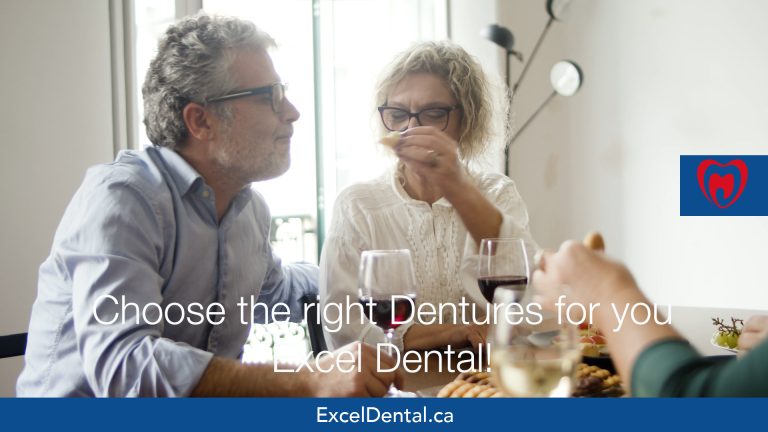Why is pH important in oral health?
A low pH (acidic environment) can erode tooth enamel, leading to cavities and sensitivity.
Dentist
Dr. Susan R. Pan, DDS, is a highly qualified dentist with a long-standing engagement in the field since 1986. She was a recipient of the Dr. Gerald Z Wright Award for graduating first in her class at Schulich School of Medicine & Dentistry, University of Western Ontario. Additionally, she worked as a clinical instructor for new dentists at the University of Western Ontario’s School of Dentistry and graduated from the Dental School of Sun Yat-Sen University of Medical Sciences. Dr. Pan has received recognition for her exceptional work, as she was consecutively awarded the Diamond Winner for the Readers’ Choice of their Favorite Dentist by the Hamilton Spectator in 2014 and 2015, and was nominated for the same title multiple times in 2007, 2010, 2014, 2015, 2016, and 2017.
Practice good oral hygiene, avoid aggressive brushing, quit smoking, and consult a periodontist for treatment options.

Prevention is the most important part of managing tooth abrasion.
Choose a low abrasion toothpaste as some toothpastes play a significant role in causing tooth abrasion. The RDA value [Relative Dentin Abrasivity] ranges from 0-250. RDA values of 150-250 are considered the harmful.
Use a soft toothbrush and a correct brushing technique using moderate force.
Porcelain veneers are custom-made to fit comfortably and should not interfere with speaking or pronunciation.
Brush with a soft-bristled toothbrush, avoid aggressive brushing, treat gum disease, avoid tobacco, and see a dentist for regular check-ups.

Prevention is the most important part of managing tooth abrasion.
Choose a low abrasion toothpaste as some toothpastes play a significant role in causing tooth abrasion. The RDA value [Relative Dentin Abrasivity] ranges from 0-250. RDA values of 150-250 are considered the harmful.
Use a soft toothbrush and a correct brushing technique using moderate force.
It strengthens developing teeth, making them more resistant to decay, and can reverse early signs of decay.